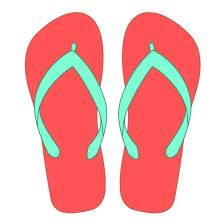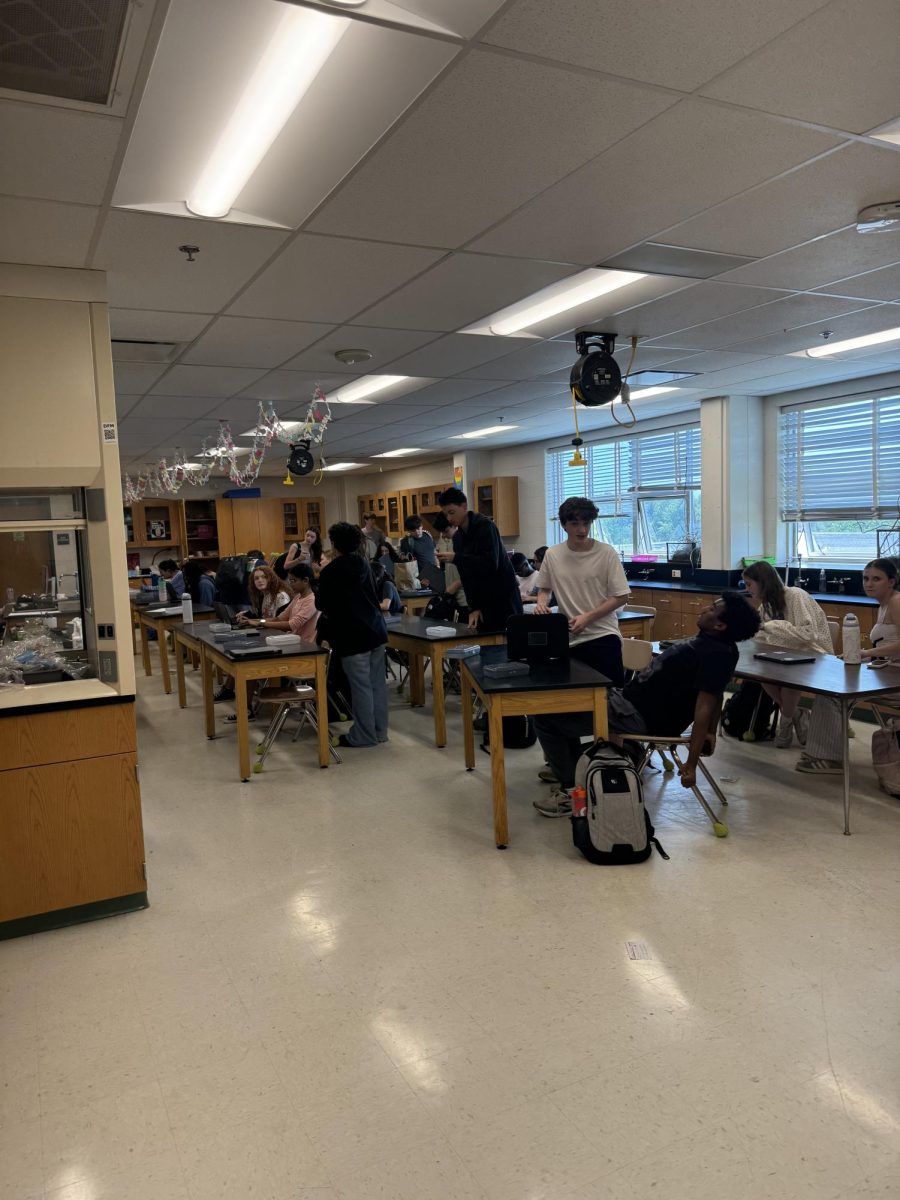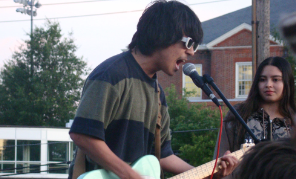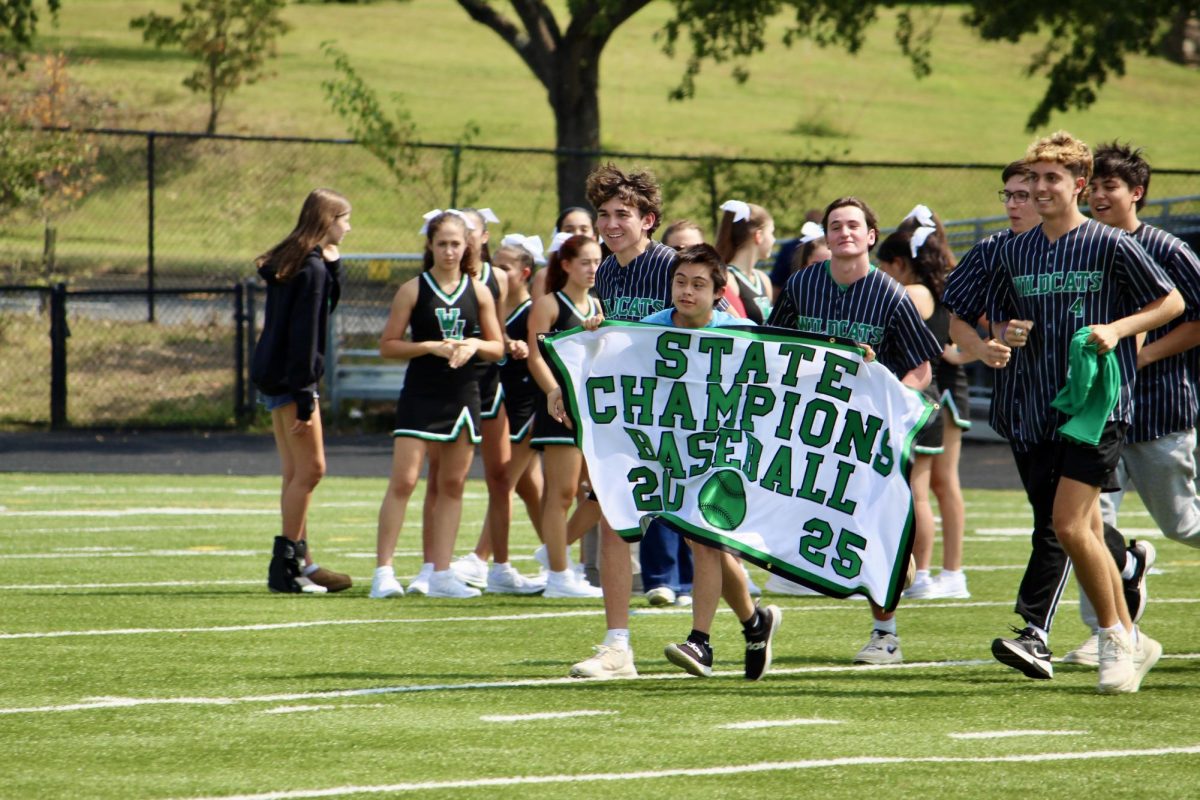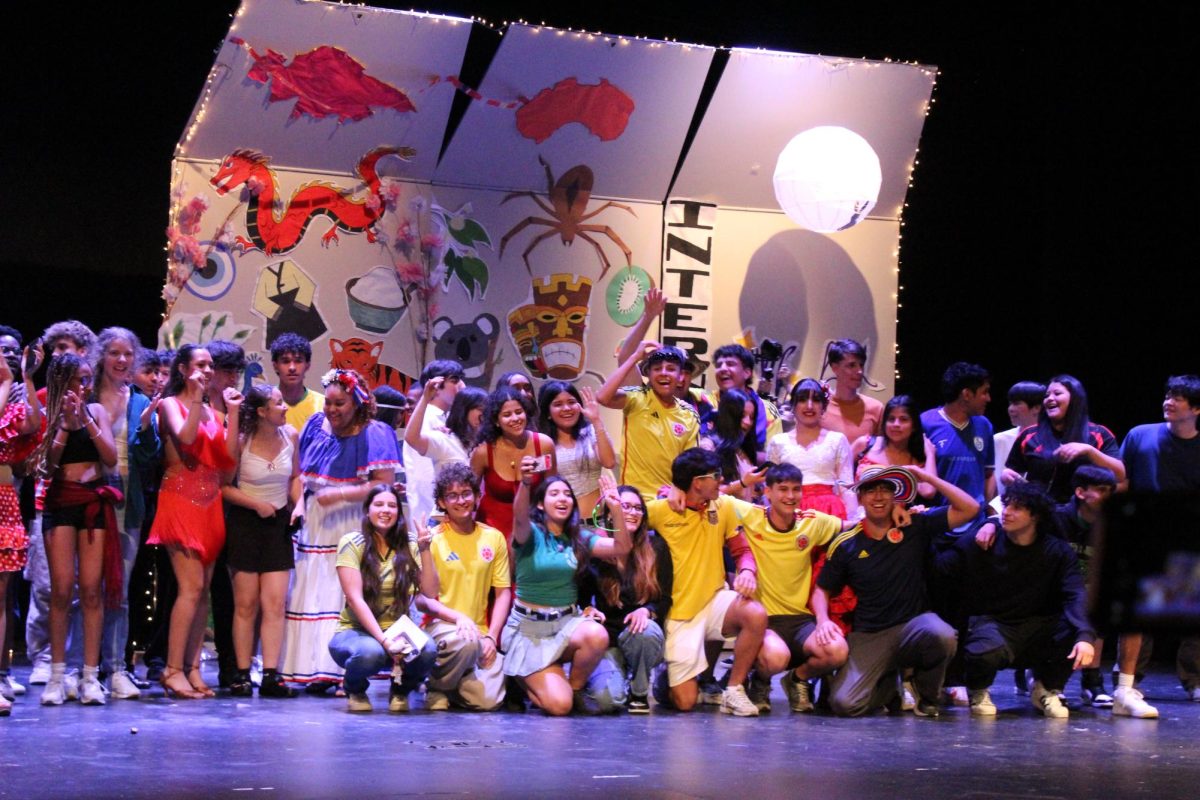The “Harry Potter” community has been in turmoil since early June when J.K. Rowling, author of the beloved series, went viral for her very public displays of transphobia on social media. Her actions have divided the expansive and diverse community and forced many WJ students to reconsider what it means to be a fan of “Harry Potter.”
The outrage first began when Rowling retweeted a Washington Post article on June 6 about providing assistance to people who menstruate. Rowling mocked the Post for using the transgender and nonbinary inclusive phrase “people who menstruate” and suggested that there already was a term for those people by pretending to sound out the word women. Her statement revealed her transphobic views as she implied that only women get periods, ignoring transmasculine and nonbinary people. After receiving backlash, Rowling released an essay proudly defending her views which activists and former fans alike pointed out as convoluted and contradictory, using her personal history of being a victim of domestic abuse as an excuse for bigotry towards transgender people. The sudden outpour of hostility from the author surprised many former and current fans.
“I was surprised that she handled it with so little relative grace. Because there was a massive community among her fans that was coming to her and telling her, ‘hey, you are really hurting us with what you are saying, could you maybe critically take a look at your views and try to see where we are coming from here?’ and she basically lashed out saying that her fans were wrong to condemn her for simply expressing her views, regardless of what those views may be”, junior Sophia Meytin said.
However surprising Rowling’s recent actions are to many, this is not the first time that Rowling has publicly expressed transphobic or harmful views. For years, Rowling’s “Harry Potter” has been criticized for the harmful Jewish stereotypes associated with the descriptions of goblins, the poor representation of the few Asian characters in the series, and Rowling’s refusal to mention Dumbledore’s sexuality anywhere but Twitter. Many former Potterheads left the community long ago because of Rowling’s problematic behavior.
“These comments that Rowling has made; they aren’t new. She has been at this for a long time. It has just been brought up again and this time people are paying a lot more attention to it. But that really did turn me off [from the books] because that was just kind of when I was coming to terms with who I am and my identity as a transgender man. So to hear an author whose work I had enjoyed as a child saying things that went against what I was discovering about myself, was hard,” junior Felix Bellotti said.
As a book series about love and acceptance, “Harry Potter” has accrued millions of fans across the world who are now left behind in the wake of Rowling’s actions. For many fans, deciding how to cope with the recent events has been complicated.
“I am much more critical now of J.K. Rowling’s works, I suppose. Now that I know that she is not the sort of idealised person that younger me thought she was. But, I do think it is important to separate the art from the artist a little bit, so while I acknowledge that J.K. Rowling is a deeply flawed person and that “Harry Potter”, as her work is also deeply flawed, I don’t necessarily hate what she made anymore. I still respect it as a culturally significant piece,” Meytin said.
The danger of Rowling’s actions still remains. Many students are very concerned, especially as Rowling continues to promote transphobic ideas on social media and in her new murder mystery novel featuring a cross-dressing serial killer, “Troubled Blood.”
“I think the worst part is that she put it online for everyone to see. Not because I want it to stay hidden, but it’s because of her audience and just how big her following is and how big her influence is. Because if I read those tweets, I don’t know, four or five years ago, I probably would have been influenced by them because at that point I didn’t know much about the LGBT community or even knew about myself. It associates this children’s book with so many harmful things. It is good that we know it, so we can speak out against her but the worst part is how much her words are going to influence people,” junior Tara Sandman-Long said.
Others also fear how Rowling’s actions will damage the progress the transgender community has made.
“She has given a lot of fuel to rhetoric that we have been trying to put to bed for years, for decades, for long since before even Rowling herself was popular. She has brought up all this discourse and again there are a lot of kids reading her books that look up to her and the characters that she has created, so she is just really setting a bad example for them and teaching them that hate is okay and that is not cool,” Bellotti said.
Even though Rowling’s actions have shaken the fanbase, many think that abandoning the “Harry Potter” community is not the answer.
“I feel like I can still be part of the community outside of J.K. Rowling because it is one of the first places I felt accepted, one of the first places I was introduced to people who thought like me, when I didn’t necessarily feel accepted in other circles. I feel like it would be rash to abandon this entire supportive community that has admittedly, shaped me into the person I am today, based on J.K. Rowling’s actions. I can still be part of the community, just without J.K. Rowling in it,” Meytin said.



